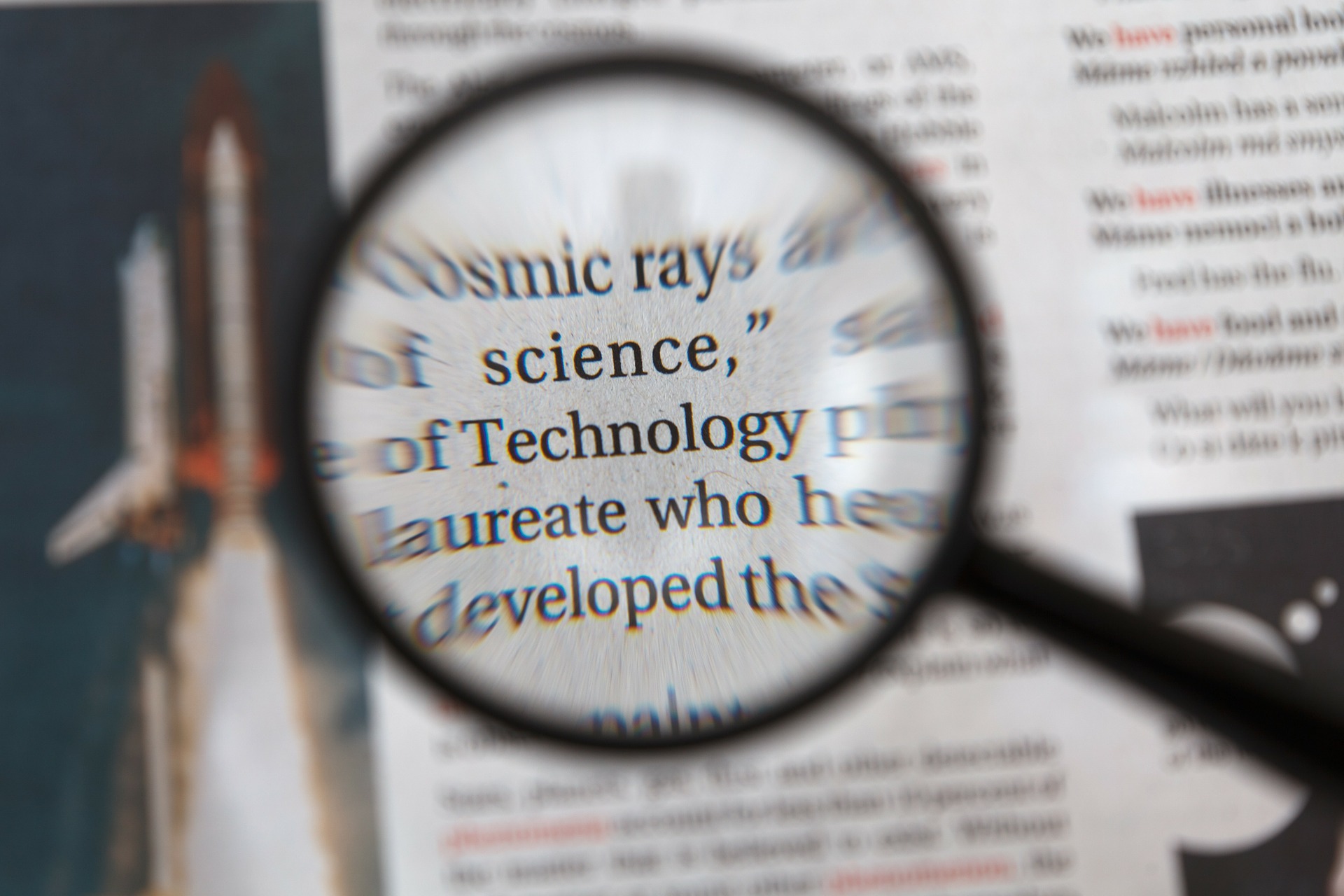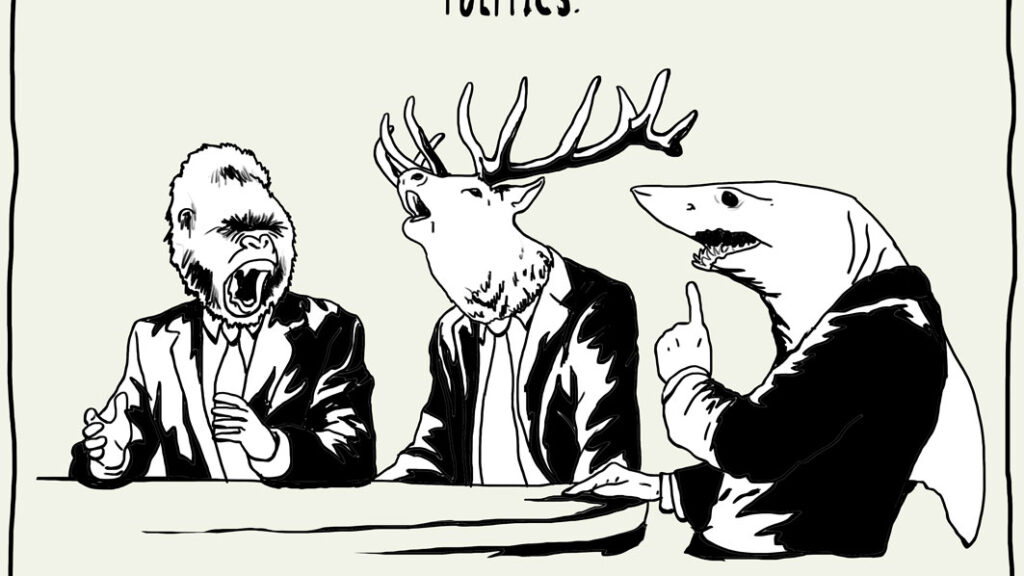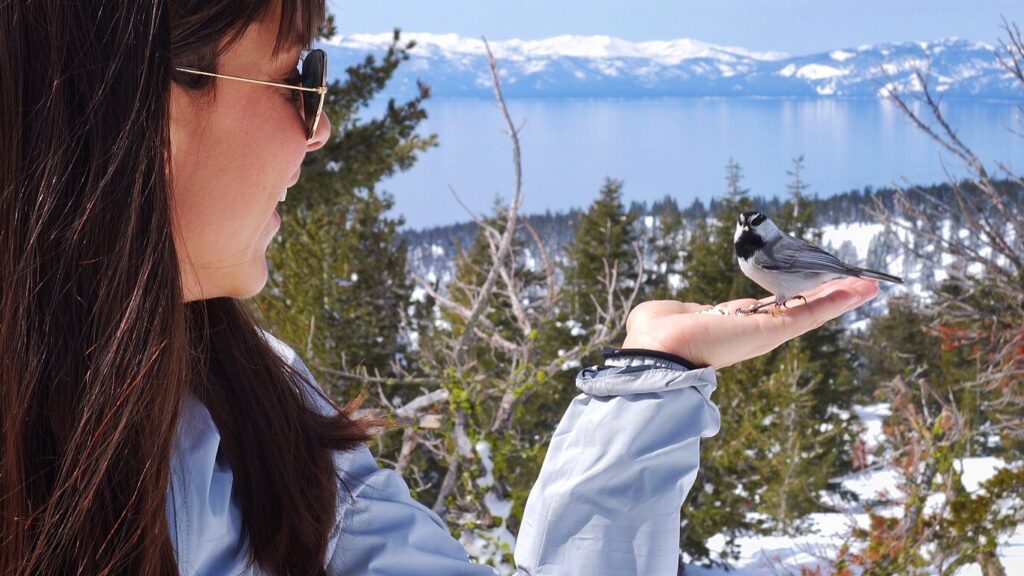
May 10, 2020 • Brooke Siem
What exactly is a “peer reviewed” article?
When people describe legitimate research, they tend to preface it with the term “peer review.” Because peer review is a critical part of scholarly publishing, it’s worth taking a few hundred words and diving into its meaning.
What is peer review?
Peer review is exactly what it sounds like: academic peers review an individual’s work in order to determine if the research is strong enough to publish. All articles published in legitimate research journals are peer-reviewed, which is why scholarly journals are deemed a reliable source of information. This is also why predatory journals are a problem. They don’t follow the peer review protocol, which means there aren’t any gatekeepers to stop unethical or fraudulent research from getting out into the public.
How does peer review work?
Peer review follows a standard process:
- An individual or group of people complete a study, write an article, and send it to a journal. It doesn’t matter if its original research or a systematic review. If the work is going to a journal, it will be peer reviewed.
- The journal editors send the article out to other scientists in the field. Typically, the work is sent blind, which means that the author(s) (and sometimes the reviewers) remain anonymous during the review process. This helps keep bias to a minimum, though it’s not a perfect process. I’ve been at multiple dinners with Justin (my professor boyfriend) and his colleagues when over the course of shooting the shit, they admit that they were reviewers for each other’s work. It didn’t matter that the review was blind. Academic focus is so narrow that it creates tight-knit communities where everyone knows everyone. Topic and writing style can be as good as a name tag.
- The reviewers provide feedback for the author and tell the journal editor whether or not they think the article is fit for publication.
- If the work is considered to be of high quality, the authors are invited to revise and resubmit the article for consideration.
- In theory, only articles that meet scientific standards are considered for publication. This means the work must be ethical, acknowledge other work in the field, backed up with evidence, well reasoned, and with disclosed conflicts of interest.
Is all research peer-reviewed?
If you find research in a reputable journal, the article has been peer reviewed. However, sometimes researchers bypass the peer review process and instead submit research directly to their university or for use at an industry conference.
How difficult is it to get published?
Having watched Justin go through multiple rounds of article submission, I feel the need to highlight the difficulty and glacial pace of publication. This shit is hard and slow. Justin has work he finished years ago that has only recently been accepted. It’s not that it takes all that long to read a paper, but because reviewers aren’t paid and they have other things to do, sometimes the work gets lost in the slush.
One survey suggested that 50% percent of articles are ultimately published, but only 9% are accepted without a revise and resubmit. While 50/50 odds aren’t the worst, the competition for publication in top journals is vicious. The journal Science only accepts 8% of submissions, while the New England Journal of Medicine publishes just 6%.
Is peer review a perfect system?
In short, no. Critics of the peer review system say it’s slow and expensive, inconsistent and subjective, and often filled with bias and abuse. However, with no viable alternative, both researchers and the general public must continue to believe in the system. The irony of course, as summed up by peer review critic Richard Smith: “How odd that science should be rooted in belief.”
More articles from the blog
see all articles
October 28, 2022


